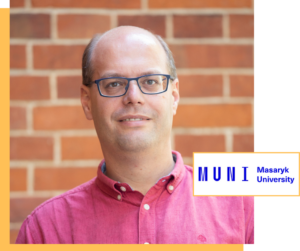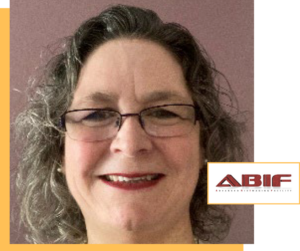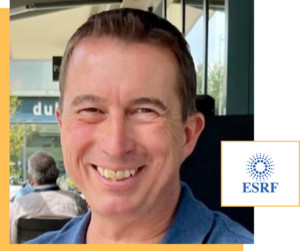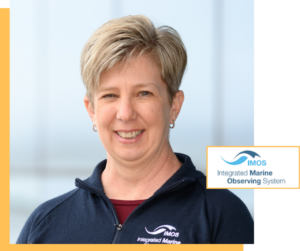Session 22: Research infrastructures success stories in supporting research translation
Thursday, 5th December 10.00AM AEST | Plenary session
This session will feature three successful best-practice cases of how research infrastructures can support translation. They will come from different fields of science – life sciences, synchrotrons, marine/ocean observation – as well as different application areas – technology development, research outcomes used in business and policy. The speakers will share their examples and reflect on the settings within their RI that made this translation possible, and how it has contributed to societal benefit.

Moderator
Ondrej Hradil is research infrastructures manager at Masaryk University, Brno, Czech Republic, responsible for coordination of research infrastructures in various scientific fields (biomedicine, physics, chemistry, medicine, social sciences and humanities) operated by the university. He has passion for research infrastructures and core facilities that he likes to share with people from far and wide. This can be documented by his involvement in many activities on the Czech and European levels such as being part of Czech ESFRI delegation, membership of ESFRI Implementation Group or leading the research infrastructures activities of EDUC, one of the European University alliances.

Panellist
Claire Brown is a leader in advanced bioimaging, pioneering Canada’s leading optical imaging platform, the Advanced Biolmaging Facility (ABIF) at McGill University. As a Co-Founder and President of the Canadian Network of Scientific Platforms (CNSP), she connects research infrastructures and empowers platform scientists from engineering and sciences. As Global Biolmaging Co-Chair, she fosters international collaboration to ensure technology implementation enabling innovation, positioning her as a respected global leader.

Panellist
Ed Mitchell is the Head of Business Development at the European Synchrotron Radiation Facility (ESRF) and co-coordinator of the Horizon Europe “SUNSTONE” project, continuing Europe’s support to the Middle Eastern “SESAME” synchrotron. He is also a member of the African Light Source Foundation Executive Committee. He led preparation of the €250M ESRF Upgrade Programme and was general manager for the international Partnership for Structural Biology.

Panellist
Dr Michelle Heupel is Executive Director of Australia’s Integrated Marine Observing system (IMOS). She is a research scientist with over 25 years’ experience prior to joining IMOS. Her career has spanned a range of sectors (university, public funded research agency, private non-profit research laboratory) and she is considered a national and international leader in the application of ocean data to support policy and decision-making.
We acknowledge the Traditional Owners of the lands and waters throughout Australia, and pay respect to the Elders past, present and emerging. We recognise the importance of connection to culture, land, kinship and community to the health and wellbeing of Aboriginal & Torres Strait Islander families. We acknowledge the cultural practices and traditions still carried out today and being passed down to future generations.


